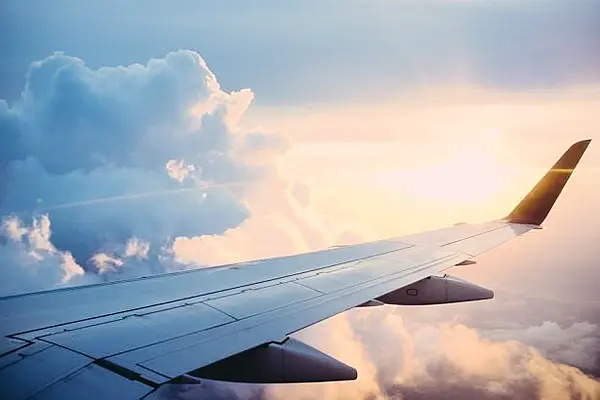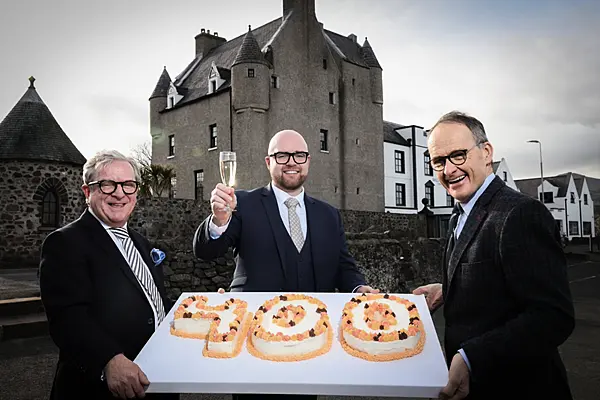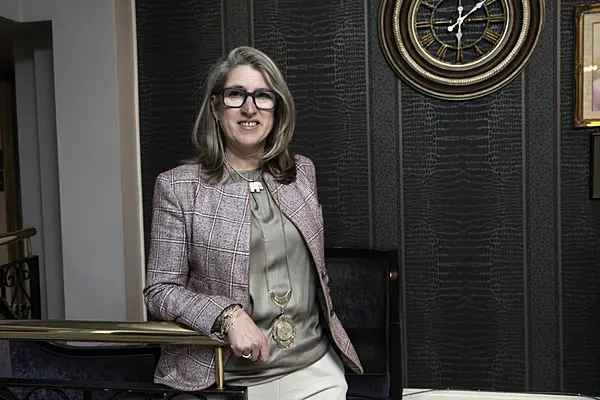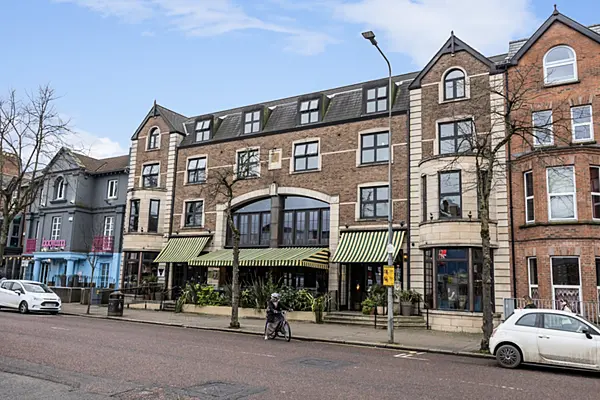Aer Lingus owner International Airlines Group (IAG) weathered rising fuel costs and air traffic control disruption to just beat expectations for its 2018 results, and has announced it is ordering 18 Boeing 777-9 planes.
IAG reported a 9.5% rise in operating profit before exceptional items to €3,23 billion for the year that ended on December 31, 2018, ahead of analysts' consensus forecast for €3.16 billion, but said there would be no growth in 2019.
"It's fuel," CEO Willie Walsh explained, adding that a rising fuel bill had been a headwind in 2018. "We're going to see an even larger increase in 2019," he said.
IAG did not disclose details of its fuel hedging strategy.
Aircraft Order
In a separate statement, IAG said it would order 18 Boeing 777-9s and options for 24 more for British Airways to replace 14 747-400s and four 777-200s between 2022 and 2025.
Industry sources said Airbus had been offering a combination of its A350 twin-engined long-range jet and the four-engined A380, the world’s largest airliner which it has decided to stop building from 2022 due to weak demand.
But IAG has voiced its dissatisfaction with the performance of Rolls Royce, which makes engines for the A350 and which on Thursday February 28 also withdrew from the race to power Boeing's mid-market plane. The 777-9 uses GE engines.
"I have been frustrated, largely with the performance of Rolls Royce, not so much with Airbus," Walsh said, adding IAG had significant orders with Airbus.
"This aircraft order is specific to the requirements of British Airways, where we needed a larger aircraft ... There's still a lot for both Boeing and Airbus to play for, and we're pleased with the competition that we've seen."
Passenger Statistics And Brexit
IAG, which also owns Iberia and Vueling, said passenger revenue rose 6.2% across the group in 2018, with passenger unit revenue up 2.4%. It announced a special dividend of 35 euro cents a share.
Walsh said he had not seen evidence of a lull in demand to travel due to uncertainty around Britain's scheduled departure from the European Union on March 29.
"We're not seeing anything specific around the end of March ... demand continues to be good," he said.
News by Reuters, edited by Hospitality Ireland. Click subscribe to sign up for the Hospitality Ireland print edition.









